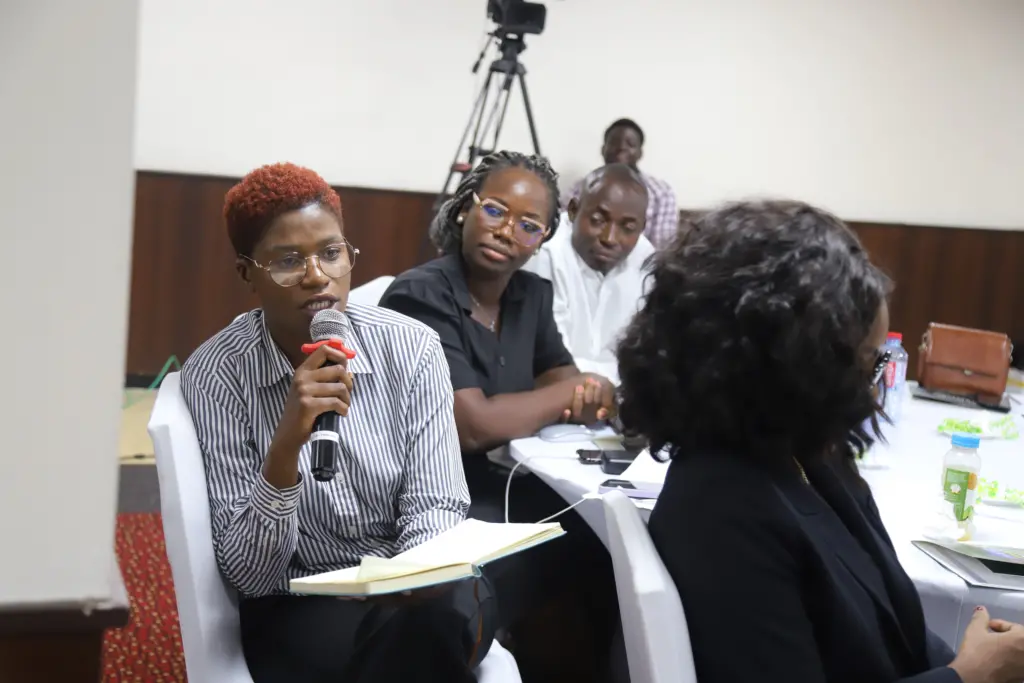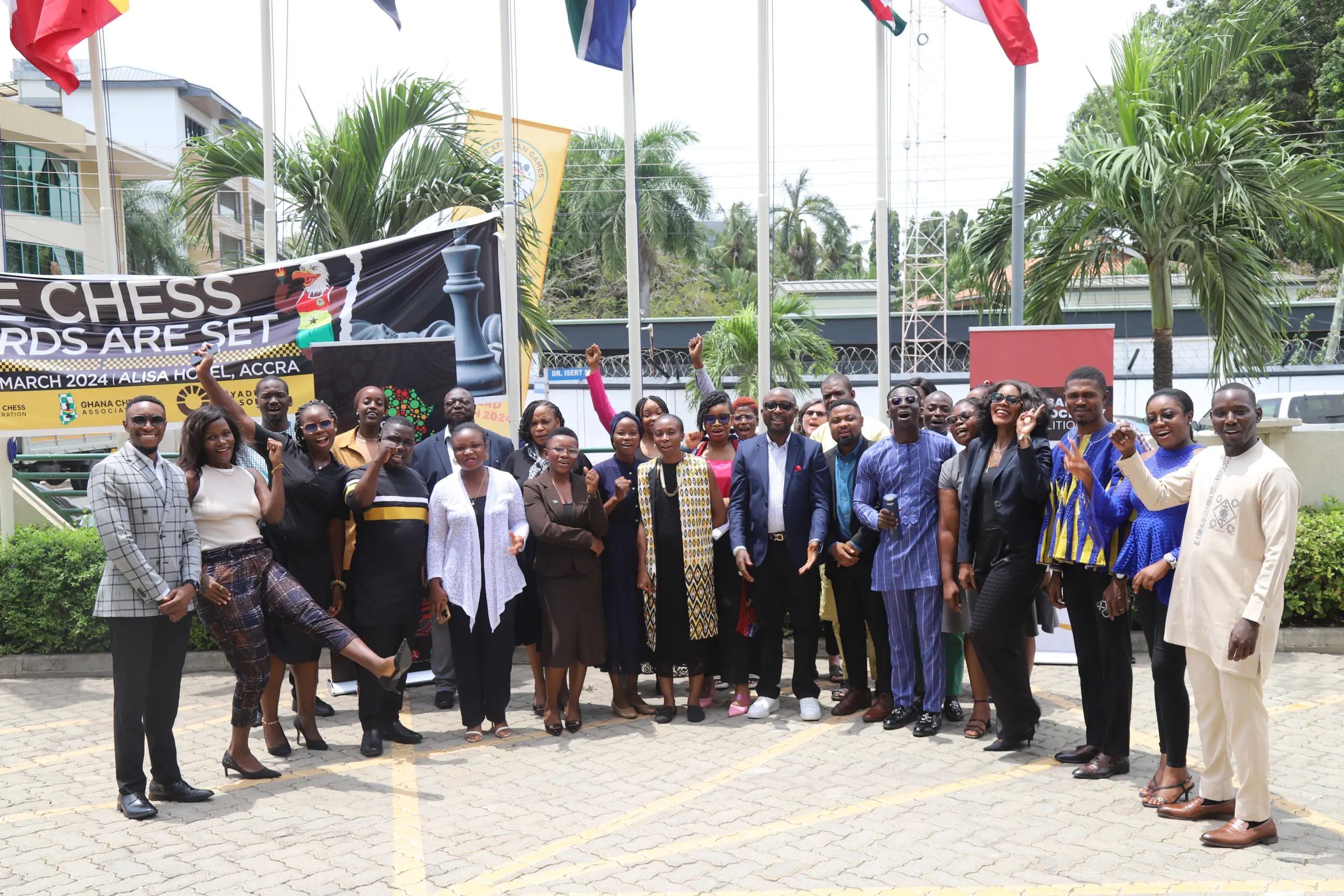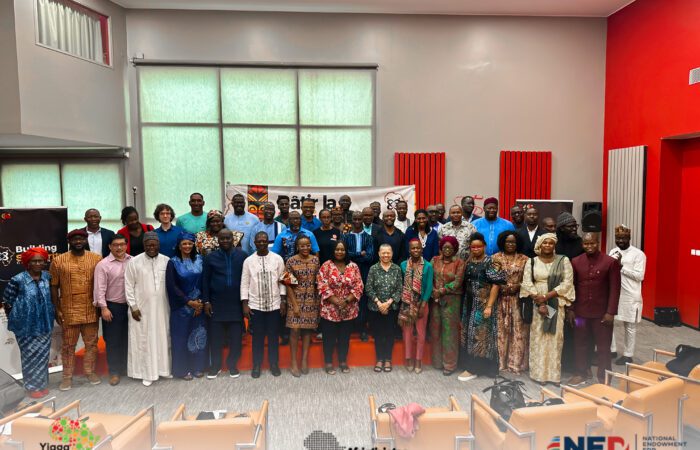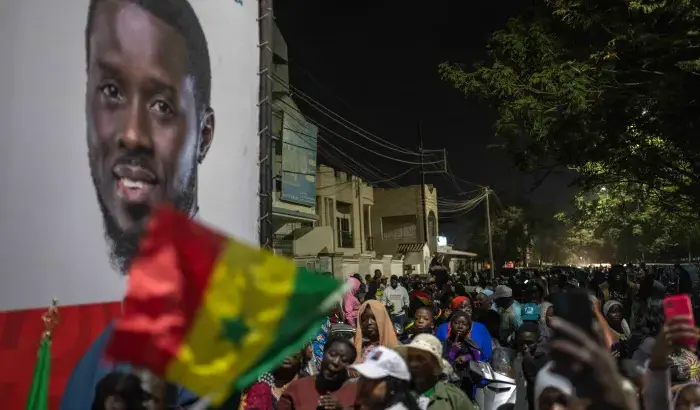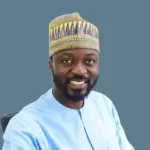In its continuous effort to uphold the tenets of democracy across the African continent, Yiaga Africa hosted the Africa Global Democracy Coalition Forum on Wednesday to discuss regional perspectives on democracy, exploring opportunities, challenges, and future directions for democratic governance in Africa.
The forum which held in Accra, Ghana, was in collaboration with The Carter Center, Defend Defenders, and Accountability Lab. It provided a platform for African voices to engage in dialogue and exchange perspectives on democracy as it brought together policymakers, advocates, and civil society leaders to hold discuss how to strengthen democracies across the continent and increase citizen participation, particularly of traditionally marginalised groups.
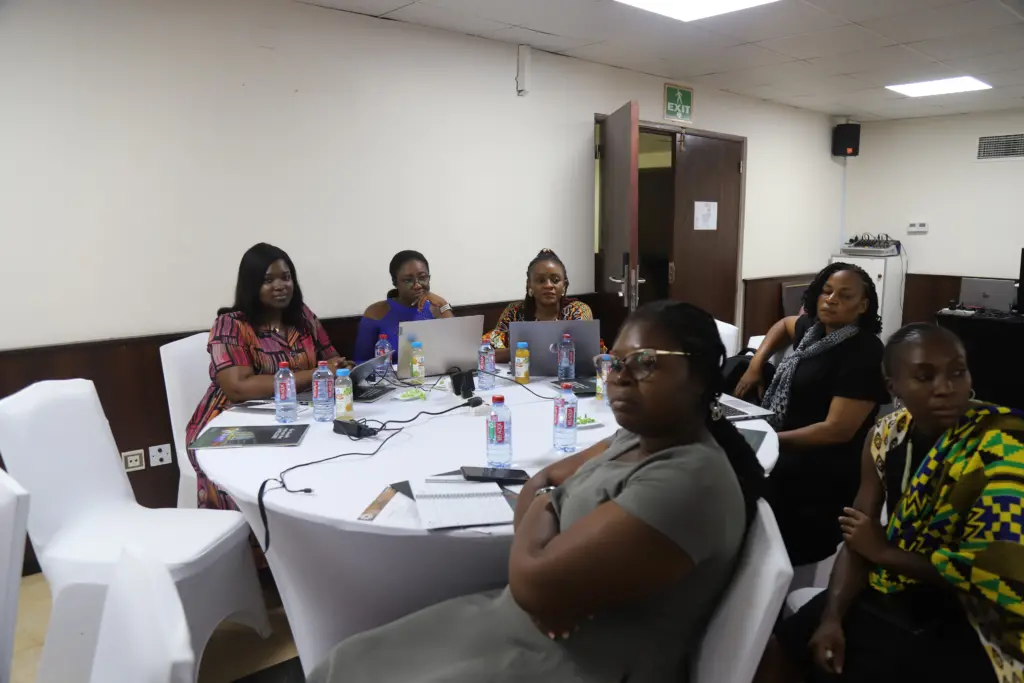
In her opening remarks, Yiaga Africa’s Director of Programmes Cynthia Mbamalu stressed that the concept of democracy is African and must not be equated with individuals in government. She also spoke of the need to identify common challenges and opportunities to chart a course for advocating democratic values within the region and beyond.
‘When the people in leadership have failed, it does not mean democracy has failed. If we can distinguish between the two, then we can address the problem properly. Merely having elections is not democracy, we must give full effect to these democratic processes and leverage our regional perspectives on how democracy can be realized,’ she added.
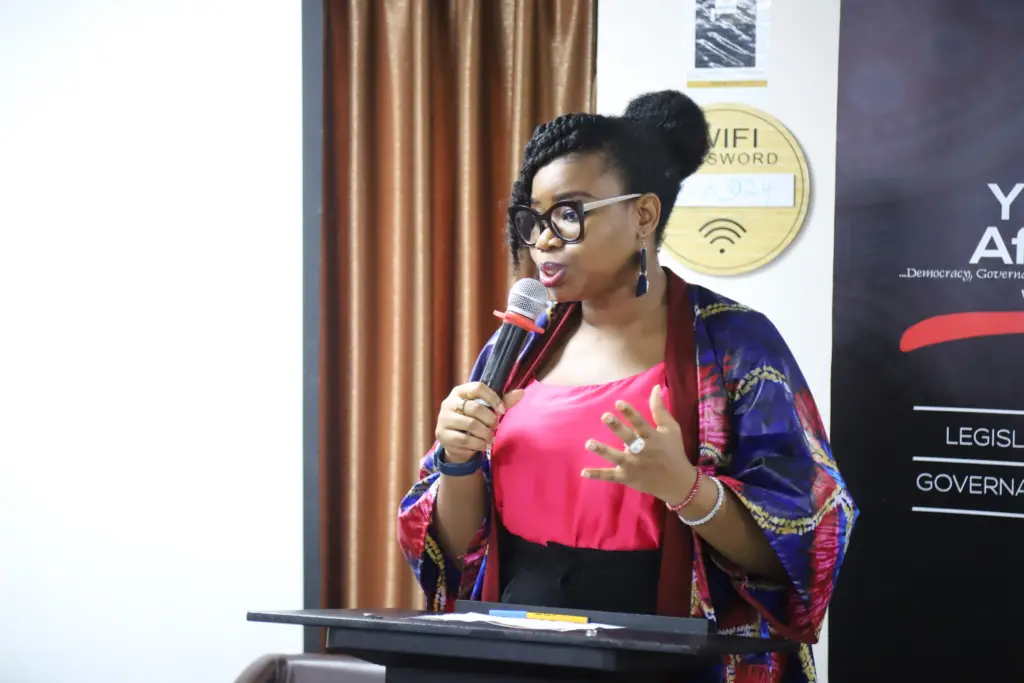

She also noted that youths are key drivers of democracy and must be made to believe in democracy so that they begin to see themselves as champions of a system that works for everyone.
The Africa Regional Director for Accountability Lab Dr. McDonald Lewanika, in his remarks, opined that democracy is nonexistent in many African countries and has different connotations, while it is unreachable and elusive for many others. He urged the panelists at the conference to collectively define democracy in the African context,
“For those who hail from the 1980s, your definition of democracy radically differs from that of those who were born in the last decade or two. This is an opportunity to unite perspectives and leverage these differences that are found in our societies.
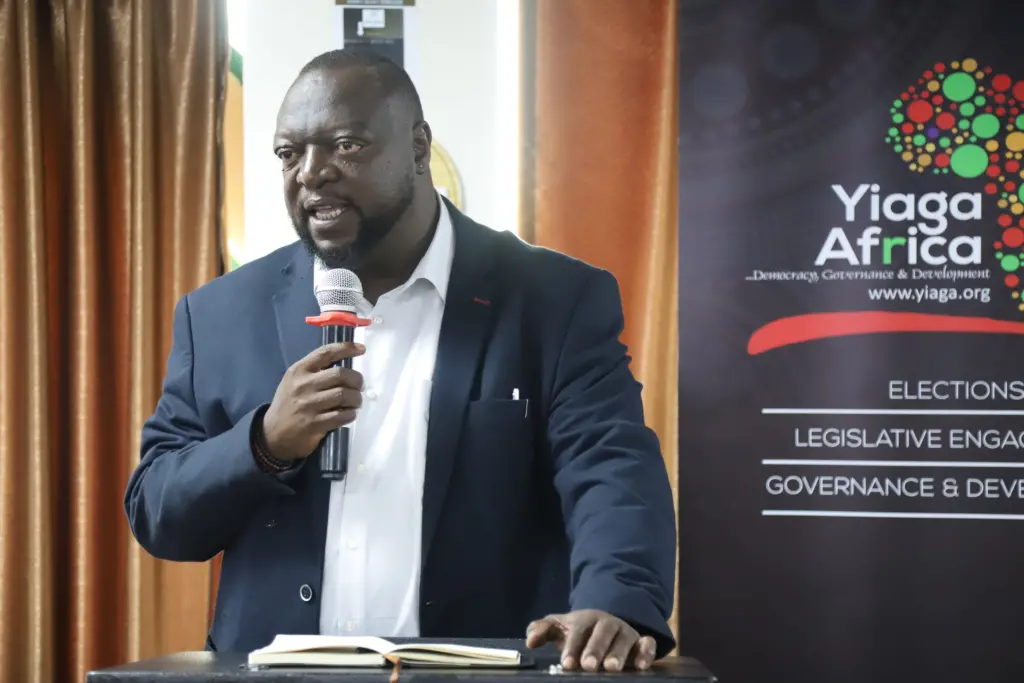

“We need to ask ourselves whether democracy in its current state is fit for the context of the 21st century and devise new means of implementing it. We ought to have a conversation on how digitization can shape for the better, the work of making democracy relevant for this century,” he summated.
In line with the forum’s theme, panel discussions were held on “Democracy, Youth, and Technology”, “Democracy in the African and Global Context”, and Navigating Challenges and Embracing Opportunities for Young Women’s Political Participation in Africa”, as panelist and attendees presented thought-provoking perspectives to the conversations.
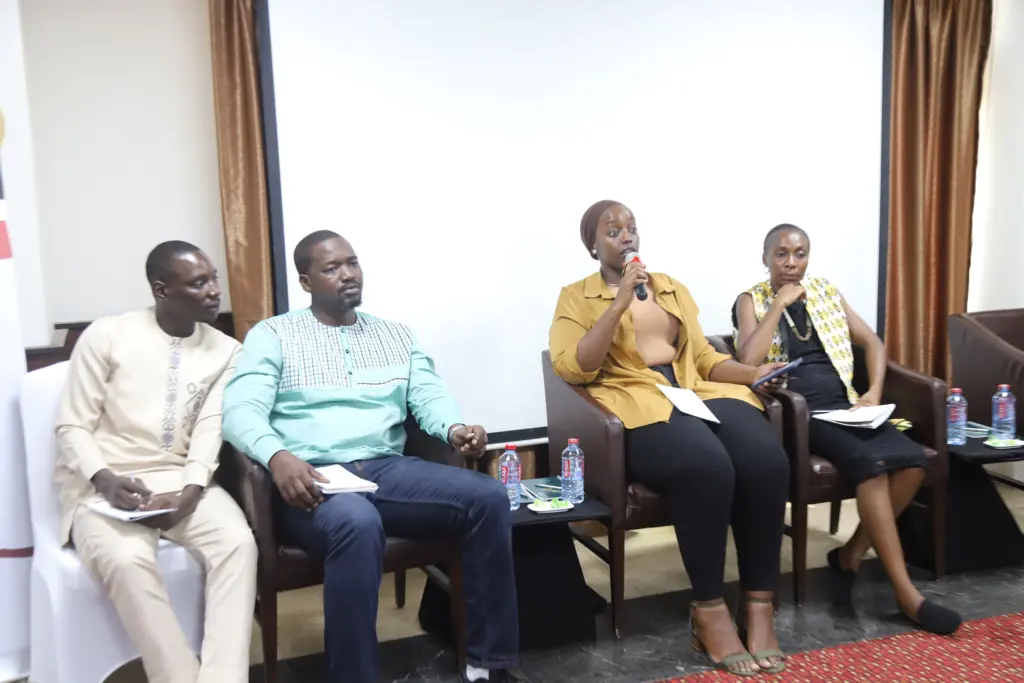

These sessions explored how younger generations engage with technology and confront misinformation, discussed regional narratives of democracy in Africa, and examined the diverse challenges and opportunities around young women’s participation in democracy, governance and politics on the African continent.
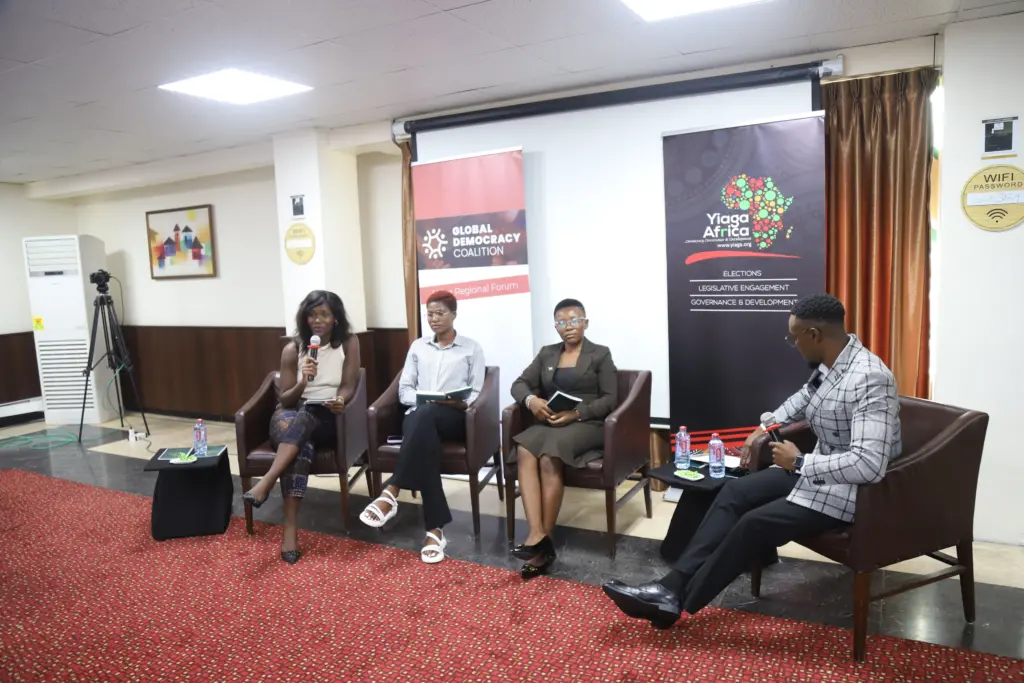

This Forum is one of the several Global Democracy Coalition Forums which took place across the world as a build-up to the Global Summit for Democracy in South Korea later in the month.
